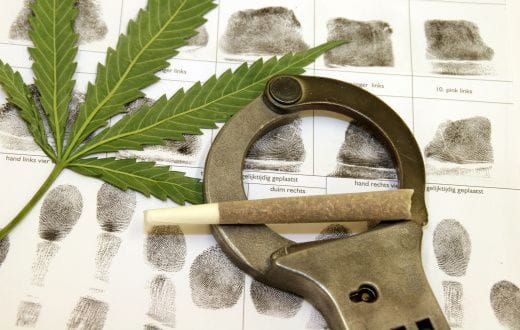Social media addiction research has gained increased attention across the world as mental health experts and everyday social media users come to understand that life online can lead to harm, as well as enjoyment. Some of the research in this field focuses on the potential link between frequent use of various online platforms and the chances of developing significant symptoms of depression. Several universities are currently pursuing this line of inquiry.
The University of Pittsburgh
In a 2016 study published in the journal, Depression and Anxiety, researchers from the University of Pittsburgh used a nationwide survey of 1,787 adults between the ages of 19 and 32 to help determine if social media participation has an effect on depression risks. The researchers divided these participants into four groups based on their level of social media involvement. After comparing depression rates in these groups, they determined that the odds of experiencing depression symptoms rise along with:
- The amount of time spent on social media platforms each day, and
- The number of visits to social media platforms each week
The University of Pittsburgh researchers concluded that these findings hold true even when other depression-related factors are taken into consideration.
The University of Wisconsin-Madison
In a 2013 study published in the Journal of Adolescent Health, a team of researchers from the University of Wisconsin-Madison used a smaller project involving 190 young college students to examine the potential connection between depression and the use of Facebook and other social networking sites. Over half the participants in this project logged onto such sites for less than half an hour a day, while more than a third logged on for half an hour to 120 minutes. Just 17% of the study participants logged onto a social networking site for more than 120 minutes a day. Unlike the University of Pittsburgh researchers, the University of Wisconsin-Madison found no verifiable link between social media use and the odds of developing diagnosable depression. However, the relatively low rate of social media use among the study participants may have had an impact on this outcome.
The University of Belgrade
Social media addiction research is not limited to universities in the United States. In a study published in 2014 in the journal, Cyberpsychology, Behavior and Social Networking, a researcher from Serbia’s University of Belgrade presented an analysis of previous studies that explored the connection between social media use and depression and other mental health issues. This review stressed the difficulty in determining the effects of social media in general, since this term actually covers a wide range of online platforms that operate in significantly different ways. However, despite these reservations, the University of Belgrade researcher notes that several studies draw a reasonable connection between social media participation and increased depression risks.
Other Research Efforts
Social media addiction research is also not limited to teams based at colleges and universities. In 2013, a team from Microsoft Research presented the results of a study that focused on the potential for using social media consumption patterns as a tool for predicting which people have the highest chances of developing serious depression symptoms. These researchers concluded that certain online behaviors may indeed serve as warning signs for oncoming depression. They also concluded that wider awareness of the impact of these behaviors may give doctors and public health agencies an important new tool for safeguarding society’s overall mental health. Sources: “Association Between Social Media Use and Depression Among U.S. Young Adults” –Depression and Anxiety https://onlinelibrary.wiley.com/doi/10.1002/da.22466/abstract “Facebook Depression?” Social Networking Site Use and Depression in Older Adolescents – Journal of Adolescent Health https://www.jahonline.org/article/S1054-139X(12)00209-1/abstract “Online Social Networking and Mental Health” – Cyberpsychology, Behavior and Social Networking https://www.ncbi.nlm.nih.gov/pmc/articles/PMC4183915/ “Predicting Depression via Social Media”






